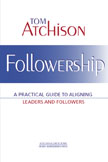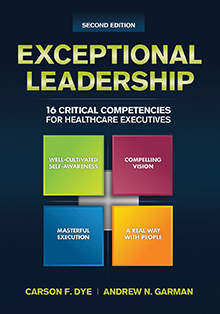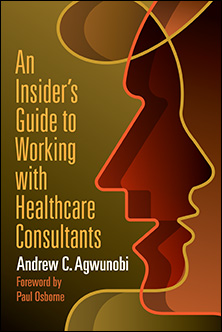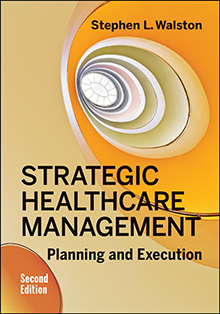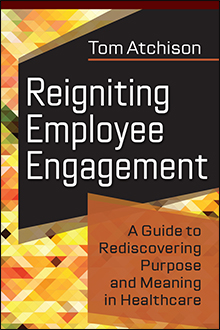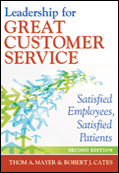Contents
-b084e1dd.jpg)
Buy Print Edition
ACHE Members Get 30% Off Print
Management of Healthcare Organizations: An Introduction, Third Edition
Peter C. Olden, PhD, LFACHE
Softbound,
500pp,
2019
- Print: $105.00
By Topic:
Book Description
Instructor Resources: Test bank, PowerPoint slides for each chapter, and suggested answers to discussion questions.
Management problems are complex and rarely fixed with a single, universal solution. Particularly in healthcare organizations, management is fluid, and the “right” approach depends on a variety of ever-changing factors.
Management of Healthcare Organizations: An Introduction provides an integrated, practical approach to management that is applicable to all kinds of healthcare organizations. The book prepares future managers and leaders to assess situations and develop solutions with confidence.
Author Peter C. Olden combines extensive real-world management experience with academic expertise to explain fundamental management theories, concepts, methods, and tools and how to apply them in healthcare organizations. Adopting a student-centered approach, he uses a fresh, engaging style and clear organization of content supported by many exhibits, sidebars, and an appealing design. Although primarily intended for undergraduate students interested in managing healthcare organizations, this book is also a valuable resource for allied health majors and practicing healthcare managers.
This edition has been updated extensively with three new case studies; current examples, exercises, and data; and new or expanded information on these and other topics:
Management of Healthcare Organizations: An Introduction provides an integrated, practical approach to management that is applicable to all kinds of healthcare organizations. The book prepares future managers and leaders to assess situations and develop solutions with confidence.
Author Peter C. Olden combines extensive real-world management experience with academic expertise to explain fundamental management theories, concepts, methods, and tools and how to apply them in healthcare organizations. Adopting a student-centered approach, he uses a fresh, engaging style and clear organization of content supported by many exhibits, sidebars, and an appealing design. Although primarily intended for undergraduate students interested in managing healthcare organizations, this book is also a valuable resource for allied health majors and practicing healthcare managers.
This edition has been updated extensively with three new case studies; current examples, exercises, and data; and new or expanded information on these and other topics:
- Population health and the continuum of care
- Strategic planning
- Horizontal process organizing
- Diversity and inclusion
- Obtaining and retaining staff
- Leading and motivating people
- Performance improvement, Six Sigma, and Lean
- Organizational change management methods
- Professionalism and emotional intelligence
Whether you are new to healthcare management or are looking to advance your career, Management of Healthcare Organizations teaches the fundamental principles and skills needed to successfully manage a healthcare organization.

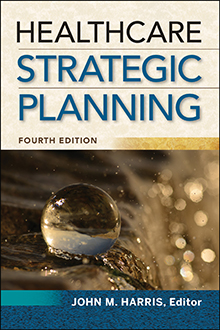





 ACHE Web-61827e0b.jpg?w=160)
